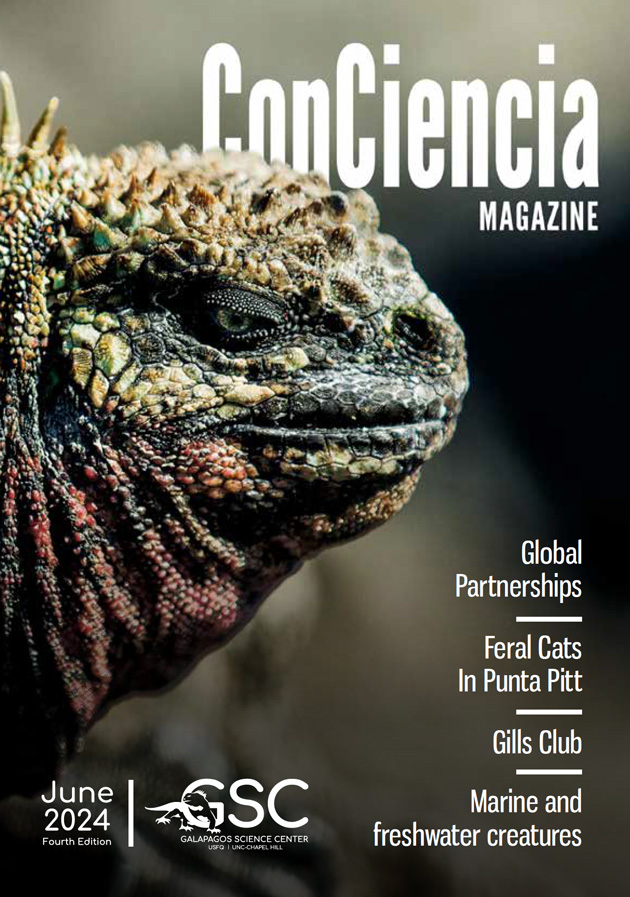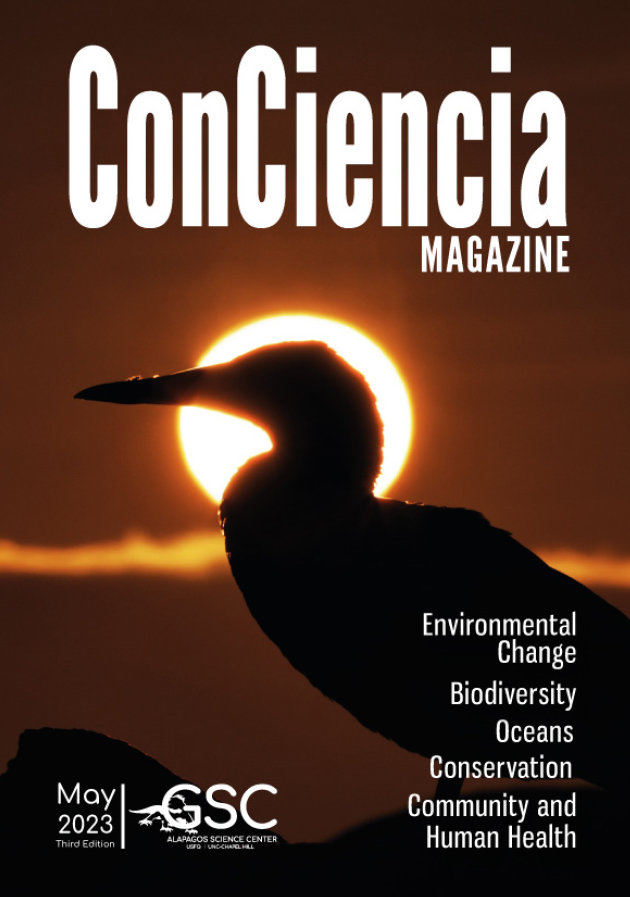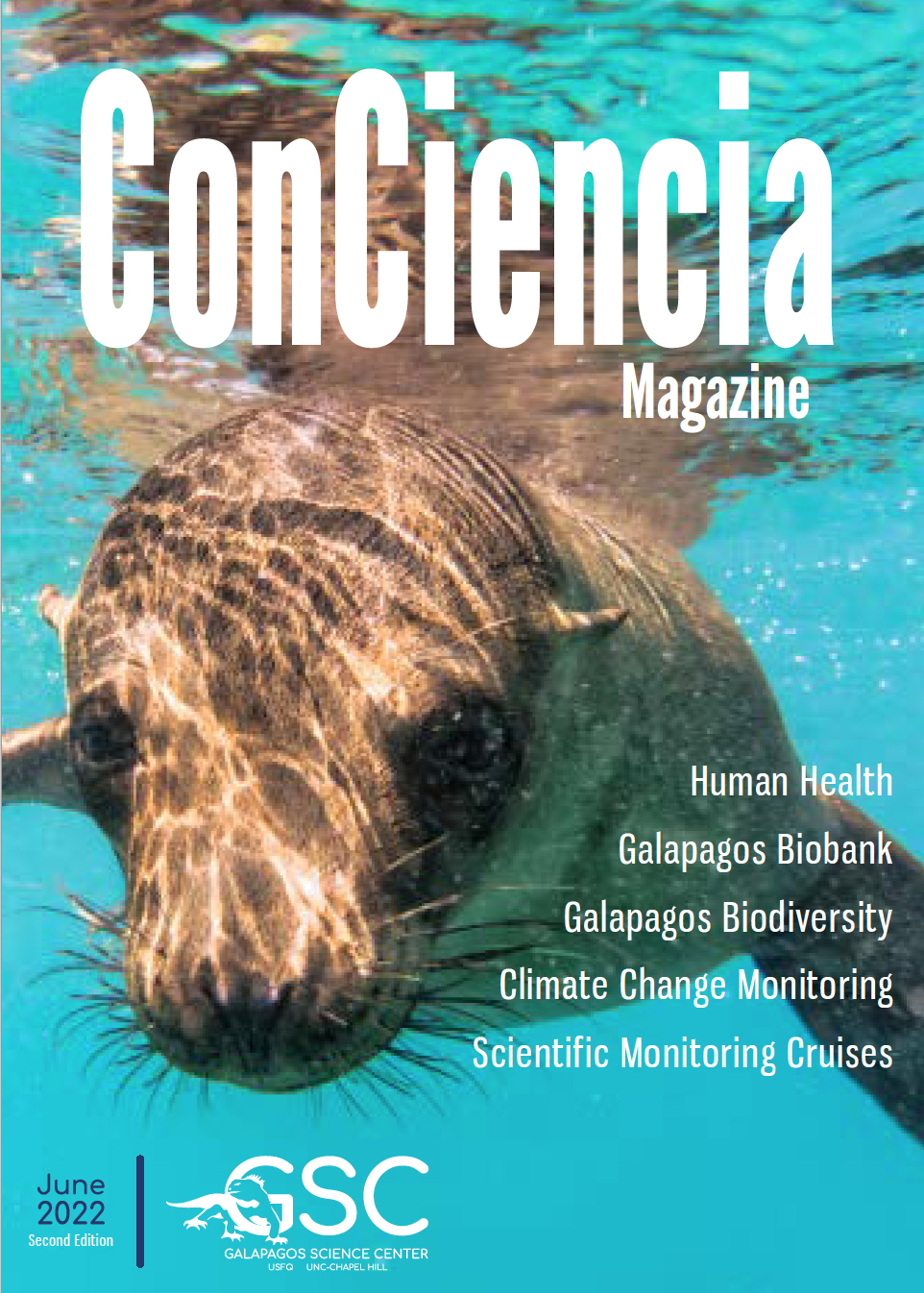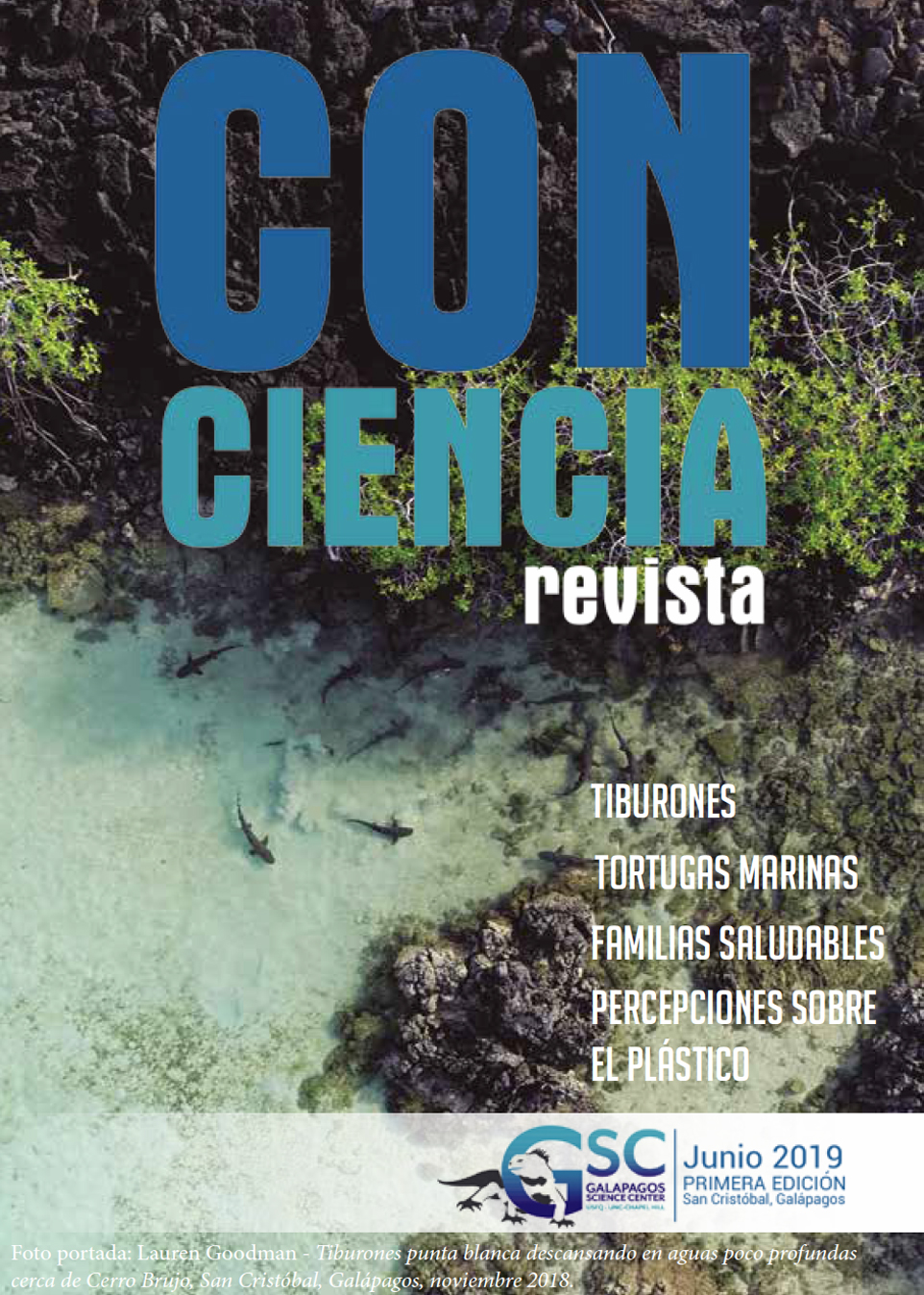NEWS & EVENTS
LATEST NEWS
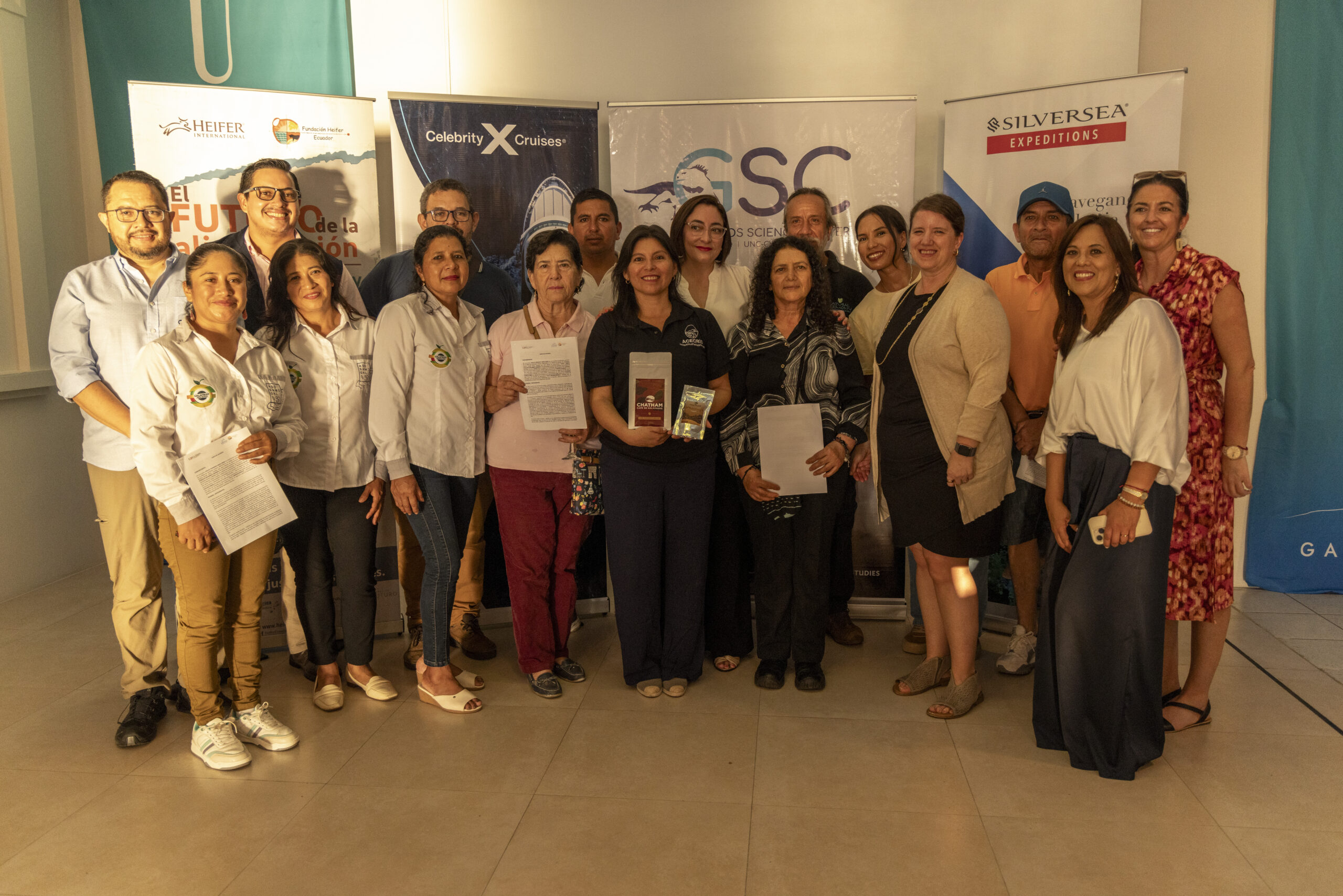
REACCT Project Relaunches in Galápagos: Supporting Local Businesses and Sustainable Development
Six agro-based businesses adding value to local raw materials have been selected for the REACCT (Reactivating the Economy through Science, Community, and Work) project in San Cristóbal, Galápagos. These businesses: Galafruit, El Trapiche, Asecris/Chatham, Green Island, Lácteos San Cristóbal, and Galápagos Natural Harmony, were chosen based on criteria such as impact, market access, and innovation. All of them have previously participated in the Rural Business Schools initiative led by Heifer Ecuador Foundation in San Cristóbal.
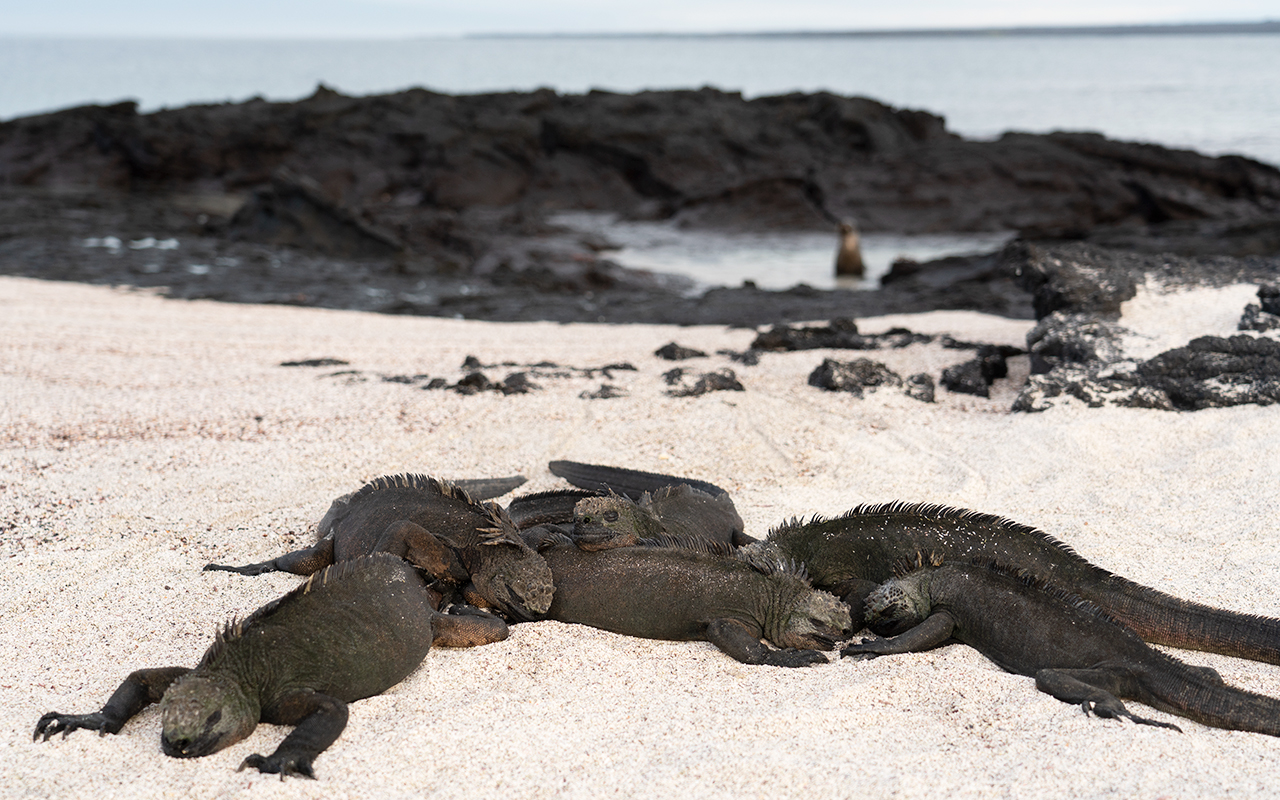
The effect of “El Niño” on marine iguanas: A study to understand its impact
Captain Darwin is an NGO dedicated to documenting environmental and biodiversity changes in the places visited by world-famous naturalist Charles Darwin during his voyage on the HMS Beagle 189 years ago. This NGO provides logistical support, through the use of its vessel, to local researchers at each stop on Darwin’s historic voyage.
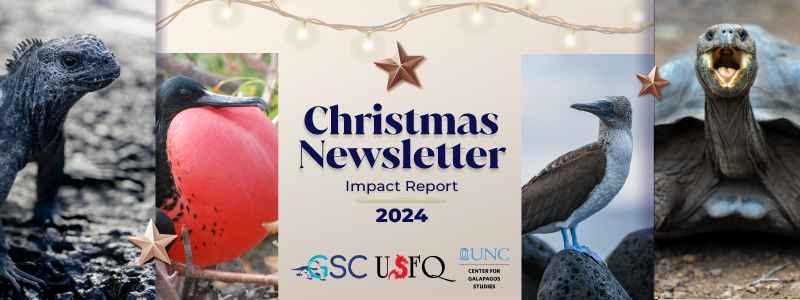
2024 Christmas Newsletter and Annual Impact Report
This year, we celebrate 13 years of impactful work in conservation, research, and sustainable development in the Galápagos Islands. In our newsletter and annual impact report, we invite you to explore how we have contributed to preserving this natural heritage through scientific expeditions, innovative digital tools, and health and education programs. Explore the latest advancements, scientific findings, and inspiring stories from 2024 Don’t miss out—join us on our journey toward a more sustainable Galápagos!
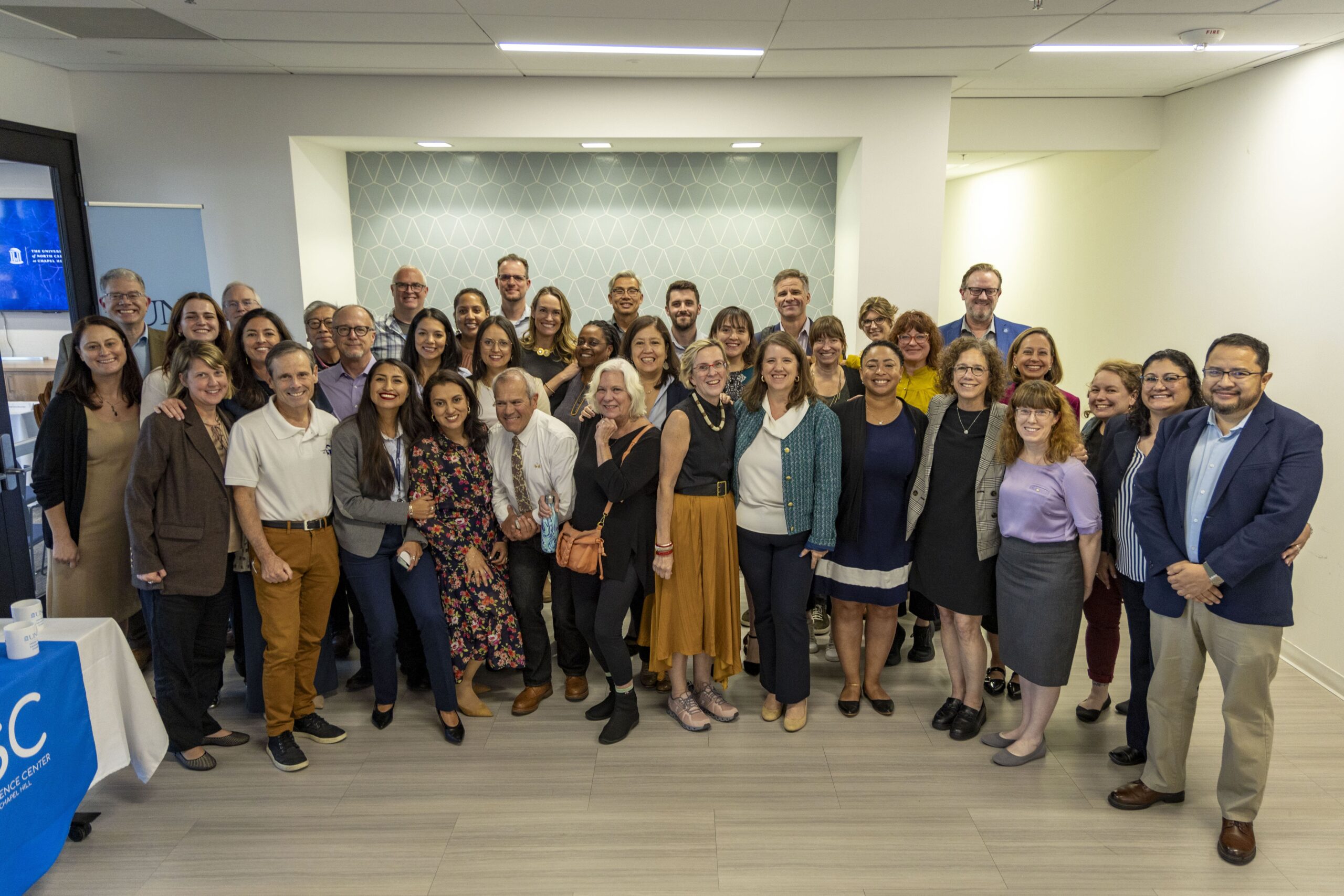
Galapagos Day: Inspiring Research and Engagement
UNC Center for Galapagos Studies and the Galapagos Science Center recently hosted its first Galapagos Day on UNC-Chapel Hill’s campus titled Galapagos Day: Building Healthy Ecosystems on a Changing Planet. This event successfully brought together global researchers, students, and staff from UNC-Chapel Hill (UNC), the Universidad San Francisco de Quito (USFQ), NC State University, and the Galapagos Science Center to share about their impactful work in Galapagos and relevant opportunities for collaboration, training, outreach, and student engagement moving forward.
SCIENTIFIC ARTICLES
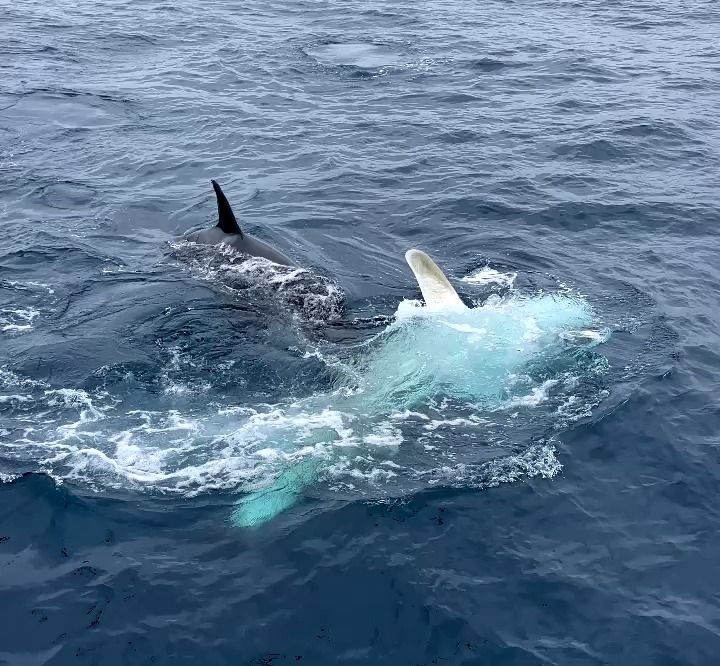
Killer Whale (Orcinus orca) Opportunistic Predation Events on Whale Sharks (Rhincodon typus) in the Eastern Tropical Pacific
Killer whales (Orcinus orca) are known as one of the ocean’s most versatile predators, yet their behavior in tropical waters remains a mystery. This study documents, for the first time, orca attacks on whale sharks (Rhincodon typus) in Ecuador and Panama, providing valuable insights into their hunting strategies in the Eastern Tropical Pacific (ETP). Understanding these events is key to expanding knowledge about this predator’s dynamics in the region.

Genomes of Galápagos Mockingbirds Reveal the Impact of Island Size and Past Demography on Inbreeding and Genetic Load in Contemporary Populations
The species inhabiting oceanic islands have been fundamental in the study of evolution. Due to their isolation, these populations tend to have smaller sizes and lower genetic diversity compared to their mainland relatives. This can lead to negative effects such as the accumulation of harmful mutations and inbreeding (mating between genetically related individuals), which threatens their survival. The Galápagos mockingbirds (Mimus spp.) represent an ideal case to analyze the relationship between the size of the island they inhabit and genetic variations in their populations.
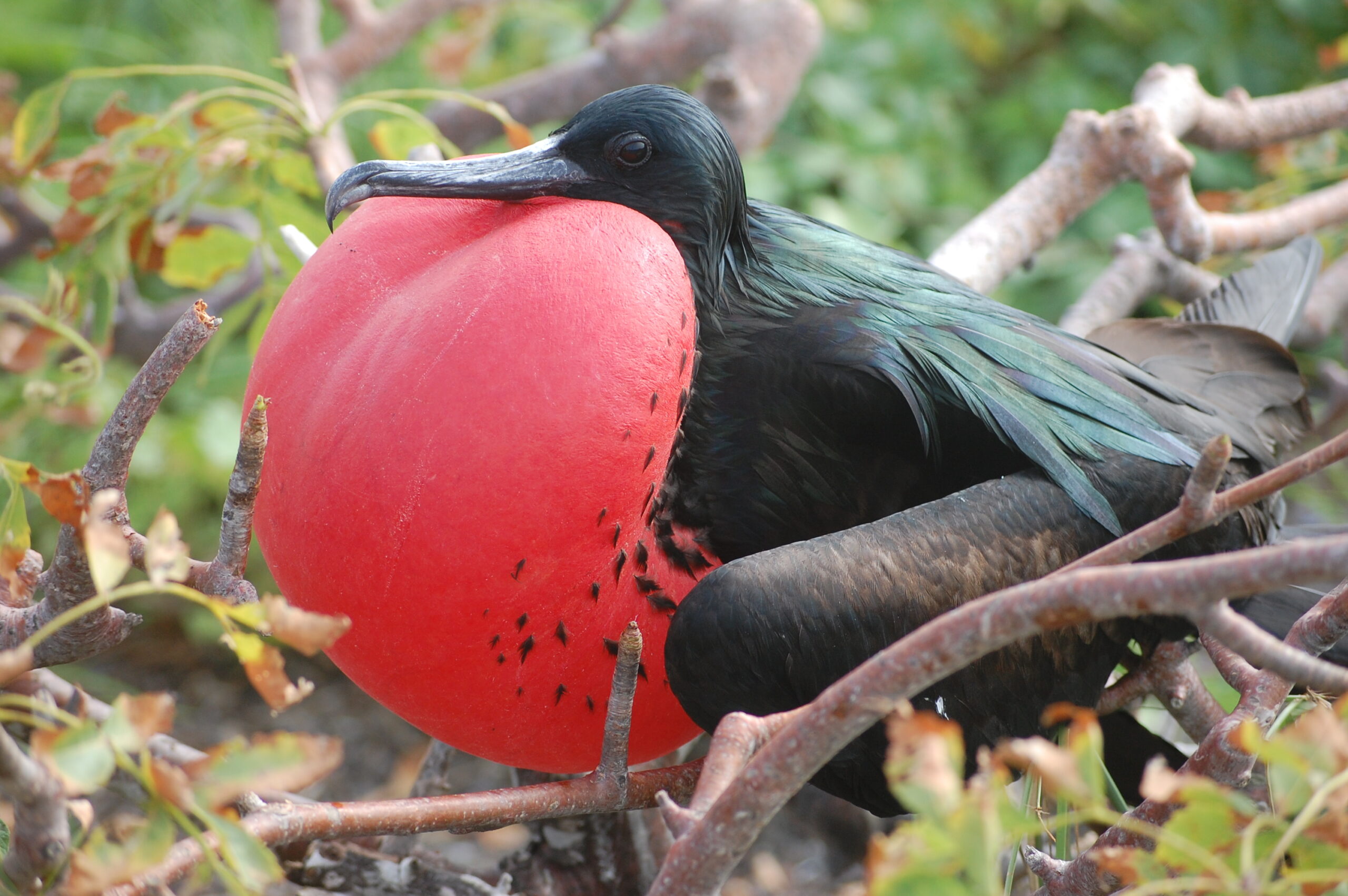
Health status and morphometrics of Galápagos magnificent frigatebirds (Fregata magnificens magnificens) determined by hematology, biochemistry, blood gas, and physical examination
The magnificent frigatebird (Fregata magnificens; MFB) is a seabird found in the Atlantic and Pacific Oceans. In the Galápagos Islands, the endemic subspecies Fregata magnificens magnificens inhabits the archipelago. This study presents, for the first time, the hematological and blood biochemical values of this population in the region.
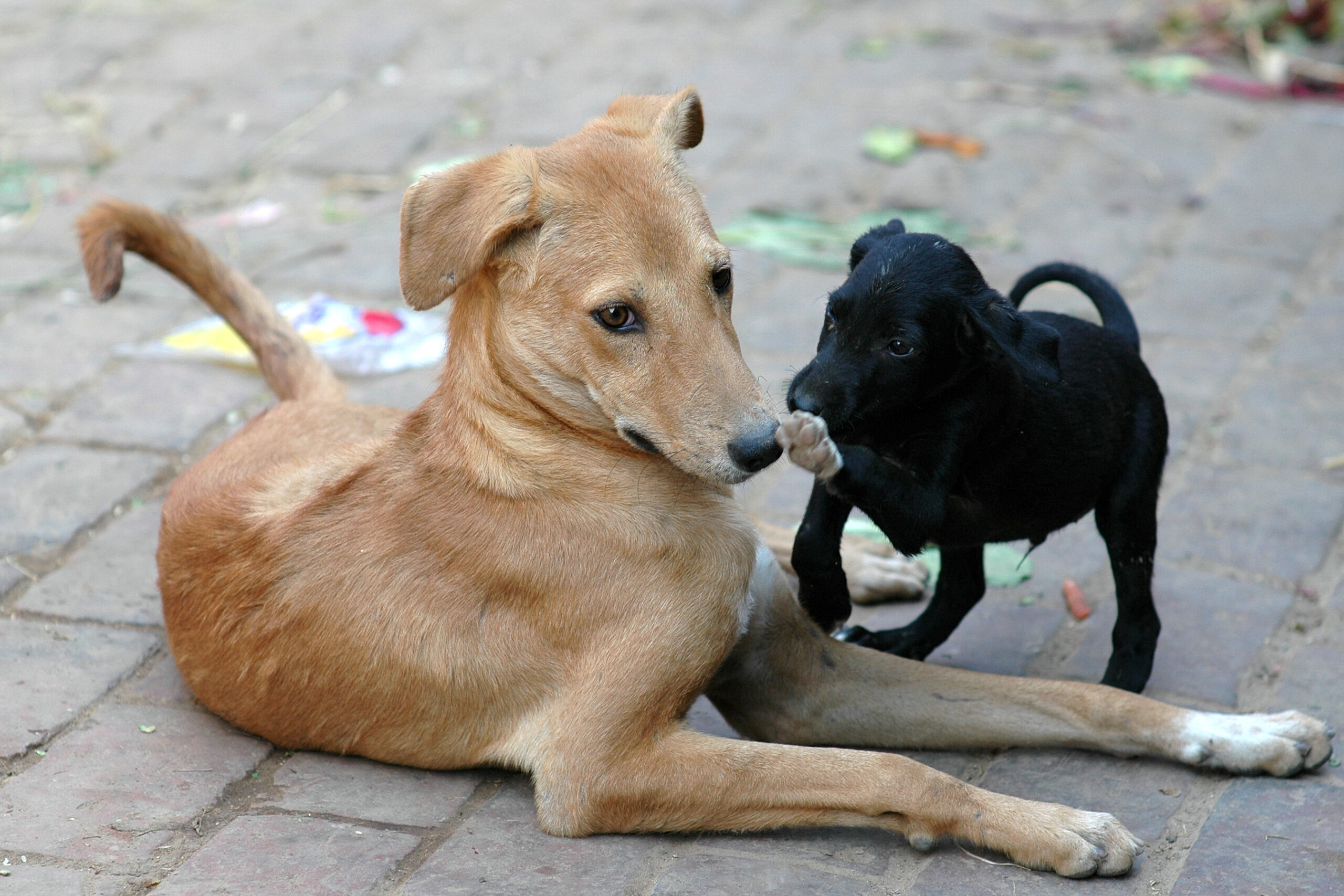
Canine vector-borne parasites in the Galapágos
Endemic species of the Galápagos Islands are vulnerable to newly introduced pathogens, often transmitted through invasive hosts. One example is invasive parasitic arthropods, whose evolutionary success is linked to their association with domestic animals present in the archipelago. This interaction poses a significant risk, as these parasites can switch hosts and facilitate pathogen transmission between domestic and wild species.
EVENTS
7TH GALAPAGOS RESEARCH AND CONSERVATION SYMPOSIUM
Puerto Baquerizo Moreno, on San Cristóbal Island, will host the 7th Symposium on Research and Conservation in Galápagos. This important multidisciplinary event, which will take place on Monday, July 14 and Tuesday, July 15, 2025, at the Charles Darwin Convention Center, will be organized by the Galapagos Science Center, thanks to the sponsorship of the University of North Carolina at Chapel Hill and the Universidad San Francisco de Quito, and with the support of the Galápagos National Park.
6TH GALAPAGOS RESEARCH AND CONSERVATION SYMPOSIUM
The 6th Galápagos Research and Conservation Symposium took place on Monday, July 15 and Tuesday, July 16, 2024 at the Charles Darwin Convention Center on San Cristóbal, Galápagos. This important multidisciplinary event was organized by the Galapagos Science Center, with the sponsorship of the University of North Carolina at Chapel Hill and the Universidad San Francisco de Quito with the endorsement of the Galapagos National Park.
5TH GALAPAGOS RESEARCH AND CONSERVATION SYMPOSIUM
Puerto Baquerizo Moreno, on San Cristóbal Island, will host the 5th Galapagos Research and Conservation Symposium. This significant multidisciplinary event will feature scientific presentations and community-focused talks, showcasing research and initiatives related to conservation, environmental change, biodiversity and oceans, health, and community initiatives.
World Summit on Island Sustainability
In 2022, the Galapagos Science Center (GSC) and the broader UNC & USFQ Galapagos Initiative celebrated its 10th Anniversary. The GSC hosted the World Summit on Island Sustainability on June 26–30, 2022 at the Galapagos Science Center and the Community Convention Center on San Cristobal Island.
Read our Epub Magazine 2024 Edition
Read our Epub Magazine 2023 Edition
Read our Epub Magazine 2022 Edition

